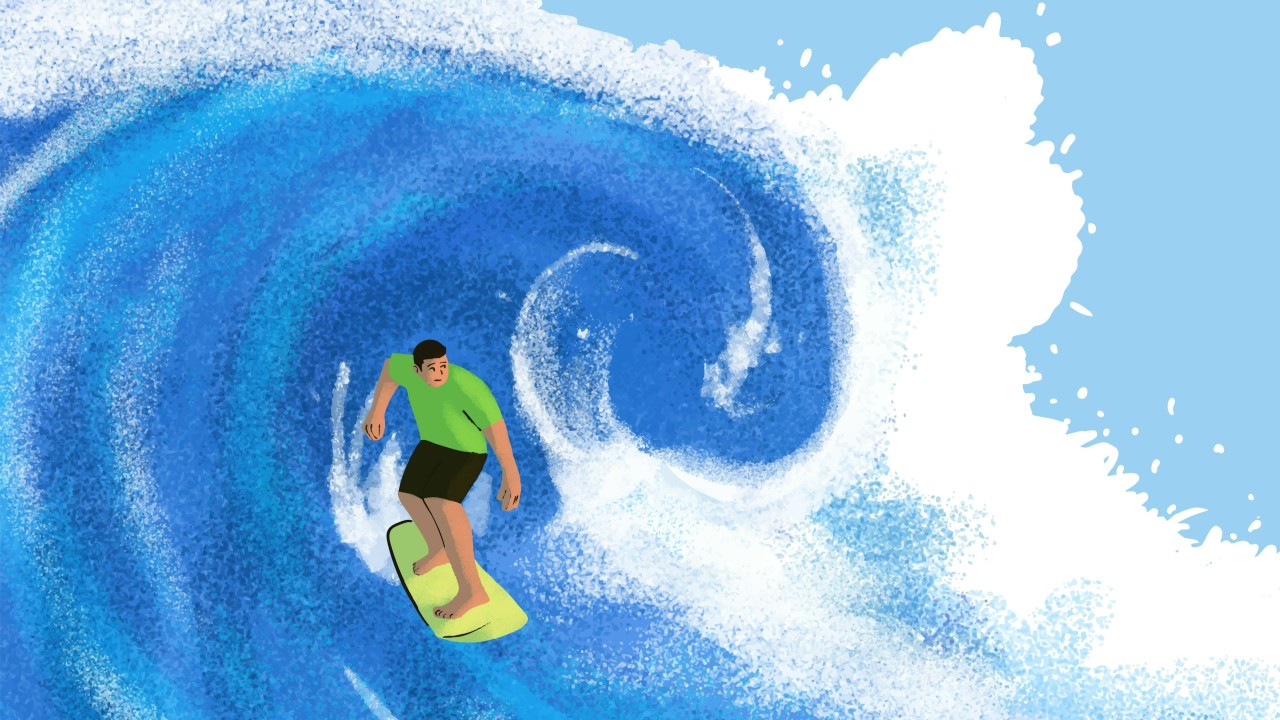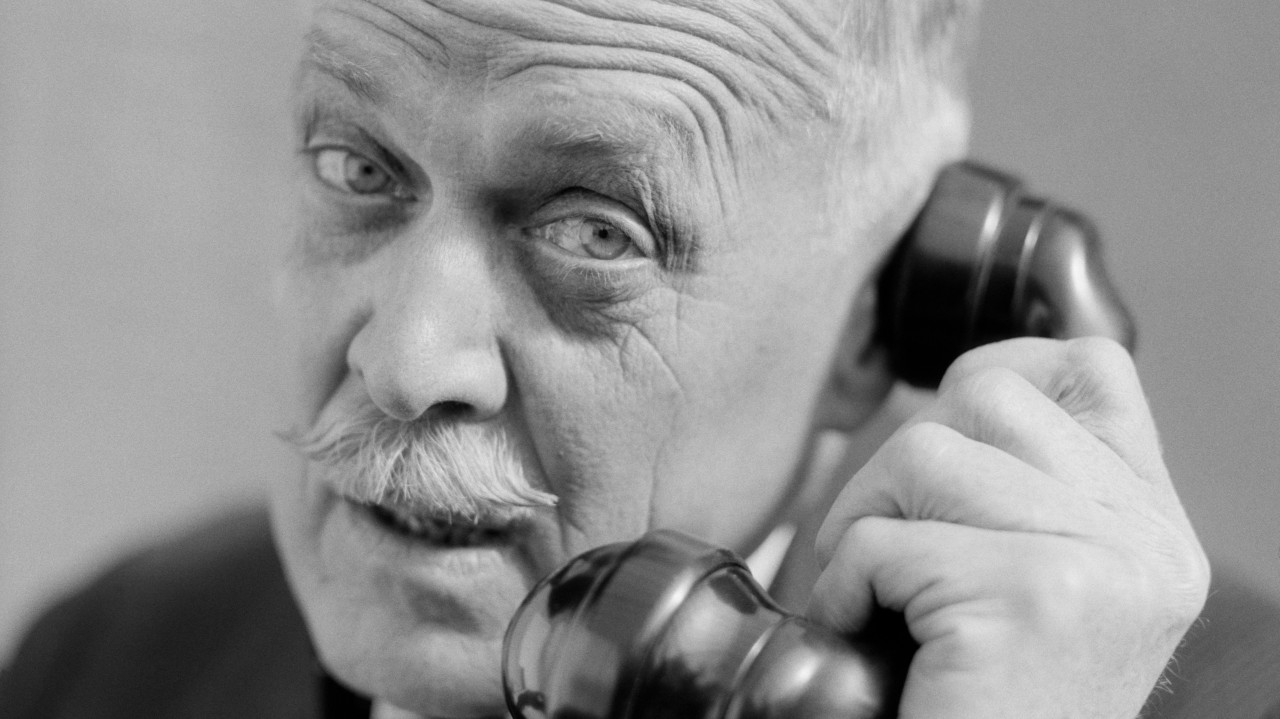With any bit of introspection, you’ll notice that during the day, week, month, or year that you suffer. You are no longer in the pursuit of happiness but rather in that of suffering, and suffering can take many forms: boredom, stress, hostility (toward self or others), or general feelings of angst or anxiety. It can also take the form of feeling like there is so much to do and you are behind the eight ball leading to feelings of overwhelm.
So there’s the pursuit of happiness or the embrace of suffering. Step back and take a look at the options. First, we know we have a mind and we are not that mind. Also notice that thoughts and feelings can arise, and they can pass if we don’t give them attention, so we don’t attach to those feelings. Yet, suffering and discontentedness can still exist, and that begets the deeper question: Why is that?
My answer: mood. The real distinction of the pursuit of happiness and the definition of success lies in mood management. How do you manage yourself? Or how do you stack probabilities in your favor so that you can remain in the pursuit of happiness instead of the embrace of suffering. Allow me to repeat a mantra: Structure sets you free. Is your structure designed to manage your mood?
When you can help clients manage their mood or state of being so that they feel good about themselves, then they too are in the pursuit of happiness. It’s in this pursuit of happiness (for both you and your clients) that everything becomes easier. When we’re within the embrace of suffering, everything is more difficult. Again, the difference between those two things—happiness and suffering—is you and your mood.
The deeper conversation here is about mood management. The key is creating a structure and a cadence that serves you. Too often, financial advisors get caught up in the idea that the game of business can be won. It cannot. It can only be played. When you’re feeling like you’re behind the eight ball and the solution is to do more work, you’re trying to win the unwinnable. In reality, the more work you do, the more work you get to do. Work never ends; it’s immortal. Rather than trying to win, our focus is to enhance the player. When we enhance the player, the game improves.
As we begin to examine mood management, here’s the question: What causes someone (you or a client) to go sideways? When does the “I suck” conversation manifest? When do you (or your client) most heavily beat yourself up? One answer that often arises is “When I break my routine.” You probably find that when you deviate from your structure, your mood goes to hell. It’s one thing to intellectually understand your structure, but the magic occurs when your structure becomes visceral. You can be of better service to yourself and clients when you can achieve this understanding.
For me, I go sideways when there’s unscheduled time. I find the same is true for clients. There’s a large gap in their calendar, hours at a time between appointments. To this I say, “Danger, Will Robinson, danger!” Any time we can do whatever we want whenever we want, we are subject to whims and fancies. The danger occurs when these whims and fancies do not come from conscious discernment. It’s easy to be distracted and fall down a rabbit hole. Take a minute to consider A people, A places, and A activities. You are no doubt in a better mood when you’re with those people in those places and doing those things. Proactively build these into your structure.
There are so many layers to “structure sets you free.” Left to our own devices and outside of structure, we tend to wander. Now wandering does not necessarily equate to suffering, but the probability wave of it increases. It always goes back to how you feel. Real success comes from mood management. You can look at the amount of money in your account and think, “Holy sh*t, I’m rich!” But that can change in a day, week, or month, and you think, “Holy sh*t, I’m poor.” However, the number is the same in both cases. What shifted is you and your mood. To control thyself, know thyself, and to thine own self be true.
Instead of life, liberty, and the pursuit of happiness, let’s change that a bit to: life, liberty, and happiness is in the pursuit. Instead of focusing on happiness, focus on the actions you can take that result in a mood of happiness. Happiness is in the pursuit. It doesn’t matter what you may be pursuing. What matters is that you discerned it.
Coach Ken








